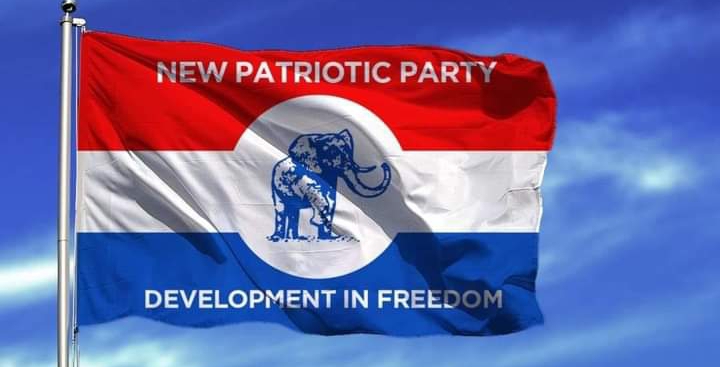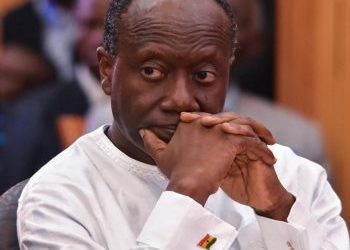In the farming community of Bunso, located in the Abuakwa South constituency, local farmers are expressing deep frustration with the New Patriotic Party (NPP)
as the 2024 elections approach. Their anger is largely directed at the increasing illegal mining activities, known locally as “galamsey,” which they claim have severely polluted essential water sources, jeopardizing their health and livelihoods. Once staunch supporters of the NPP, these farmers are now calling for new leadership that prioritizes environmental concerns.
During a recent interview, farmers articulated their dissatisfaction with the government’s inaction regarding illegal mining. “Our water bodies are being destroyed, and yet nothing is being done to protect them. We can’t continue to support a government that allows this to happen,” stated one farmer. The adverse effects of galamsey have notably harmed rivers, streams, and other critical water sources necessary for irrigation and daily needs.
According to Ghanaweb, farmers in Bunso feel increasingly betrayed, accusing the government of prioritizing profit over environmental health. They report that illegal mining has led to declining soil quality, lower crop yields, and rising health issues linked to contaminated water. Their unheeded calls for intervention have led them to publicly withdraw support for the NPP.
“We truly hope Bawumia loses the elections,” they declared, referencing the NPP’s candidate for the upcoming presidential race. The farmers expressed optimism that a new administration might implement effective measures to combat galamsey, ultimately restoring the environment and safeguarding their economic future.
Their sentiments resonate with other communities across Ghana, where concerns about illegal mining’s effects on ecosystems and public health are escalating. Many citizens believe that galamsey has not only ravaged rivers and forests but also adversely affected residents’ health through polluted drinking water.
As the elections draw nearer, issues like illegal mining are becoming central to public discourse, reflecting a growing demand for sustainable policies. The farmers’ willingness to speak out illustrates a significant shift in the political landscape, as citizens increasingly seek accountability on pressing environmental issues. Their message to the government is clear: neglecting environmental degradation can have serious repercussions, not just for the land, but also for political support.
With the 2024 elections on the horizon, the voices of Bunso’s farmers underscore the urgent call for a government committed to protecting Ghana’s natural resources and prioritizing the well-being of its people. Whether their advocacy will influence the election remains uncertain, but their resolve to seek change is unmistakable










Discussion about this post